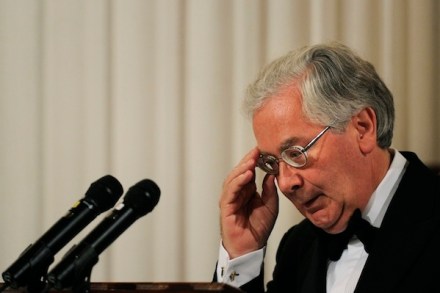We need a minister to defend the City of London
Is the City of London worth defending? Not many in the government seem to think so. Vince Cable, the Business Secretary, calls it a ‘cesspit’. George Osborne blames the financial sector for causing the crisis – the Barclays Libor scandal, to him, was not an isolated incident but indicative of the whole rotten system, ‘the epitaph to an era of irresponsibility’. The City’s global enemies look on, amazed. Not even the Brits are prepared to stand up for their extraordinary financial sector. As I say in my Telegraph column today, now is their time to strike. As the Americans are pointing out, much Wall St woe can be traced back to




















